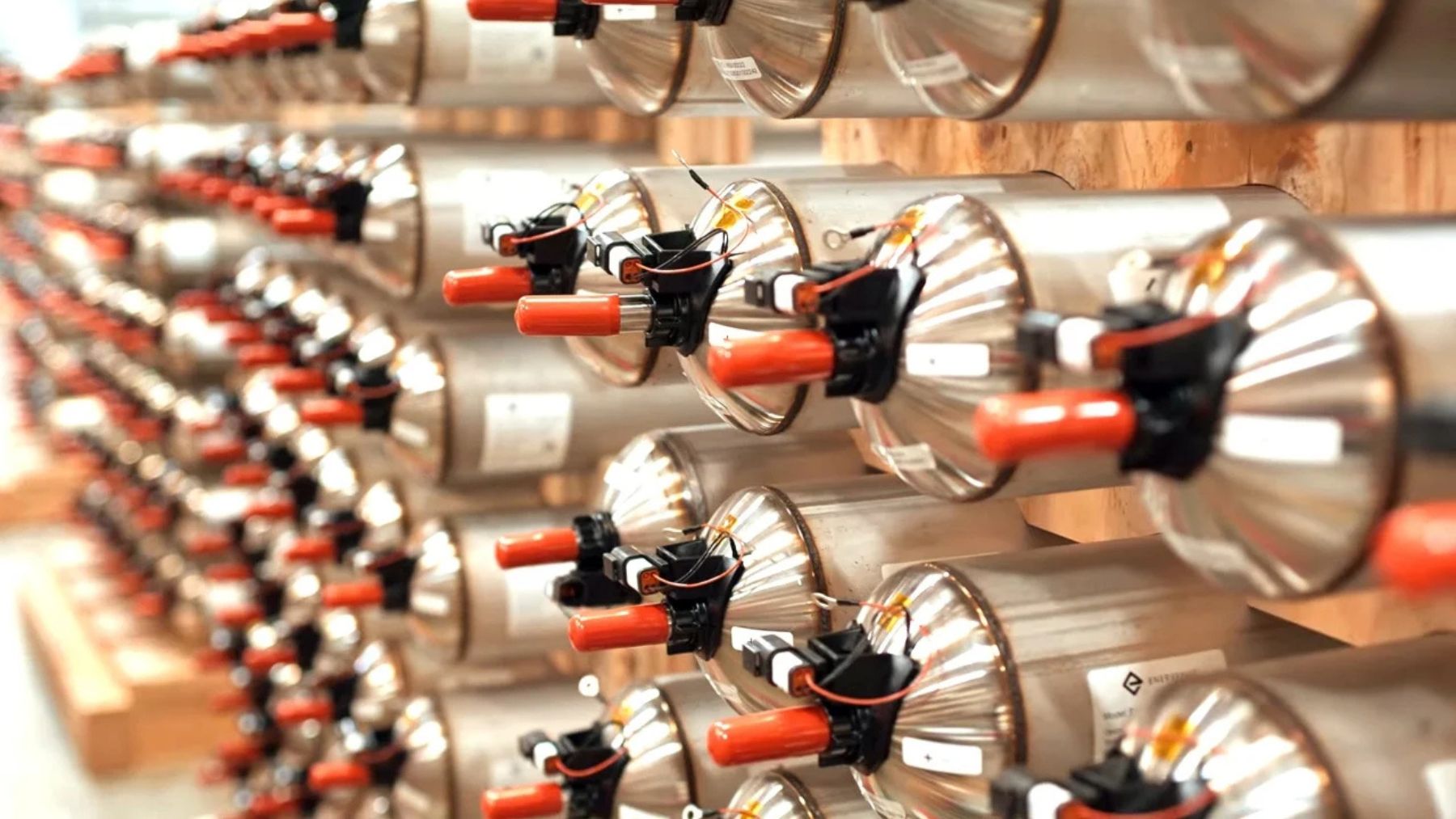He metallic hydrogen could mean the end of the dominance of China about batteries (which explores options as unthinkable as this stuff you eat for every lunch). In this way, the energy of the future can glimpse a new era with the help of USA. China It controls the production of rare metals and cobalt, essential for technology and electric vehicles. However, data shows that its control will be even greater in the future, strengthening the country’s position in the global energy transition.
China It leads the rare earths and batteries market and is also consolidating its privileged position in the global supply chain of critical minerals, which are crucial for the advancement of future technologies. As recorded Energy Institute Statistical overview of World Energy 2024From 1995 to 2023, production of rare metals, batteries and defense systems increased from 75.7 to 353.7 kilotons. During that period, China has spread as a dominant factor, ranging from 48 kilotons in 1995 to 240 kilotons in 2023, representing more than two-thirds of global production.
In addition, the Asian country controls 90% of metal processing and almost 100% of heavy rare metals, a crucial step in the value chain that no other country has been able to copy on a large scale. In addition, Benchmark mineral intelligence estimates that in 2030 China will control 46% of world cobalt production, a significant increase from the current 43%. It should be noted that cobalt is an important element in the manufacture of lithium-ion batteries.
China is succumbing to metallic hydrogen, the new energy of the future
The American EnerVenuethe first company to offer this metal-hydrogen batteries capable of more than 30,000 clean energy cycleshas already started conducting important tests. Its application eliminates threats such as thermal propagation and thermal runaway, common problems in lithium-ion batteries. They do not require expensive additional fire suppression systems. At the same time, they are highly recyclable, making them more environmentally friendly than traditional alternatives.
In this context EnerVenue has announced that RWEa leading global energy company, has achieved its certification Energy Storage Vessels (ESVs) to conduct performance testing in a renewable energy pilot project. RWE is carrying out the pilot project at its test center in the area of Milwaukee, United Stateswhere the work of the EnerVenue ESVs.

The final objectives of this pilot include the validation of the cycle flexibility, charge and discharge characteristics, duration, performance at different temperatures and energy efficiency of these batteries. The data obtained will be crucial for adapting this technology in future applications RWE.
The distinguishing feature of the EnerVenue ESV batteries is the ultra-long lifespan, with more than 30,000 cycles. In addition, it offers the possibility of cycling up to 3 times a day without the need to rest and a series of renewable benefits: improved safety, sustainability (more recyclable than lithium-ion batteries) and the availability of a scalable and flexible architecture (can be configured according to the needs of large-scale projects).
China is losing weight due to the hegemony of metallic hydrogen from the United States
Currently, RWE It operates on battery storage systems with a total capacity of 700 MW and has approximately 1.4 additional GW under construction. The goal is to achieve a battery storage capacity of 6 GW by 2030.
With a clear projection and the metallic hydrogen as the main character, USA could gain momentum China and continue to live with the energy of the future for 30 years. A strategy that China could fight back with this capsule that stores 8,000 times more energy than batteries.

